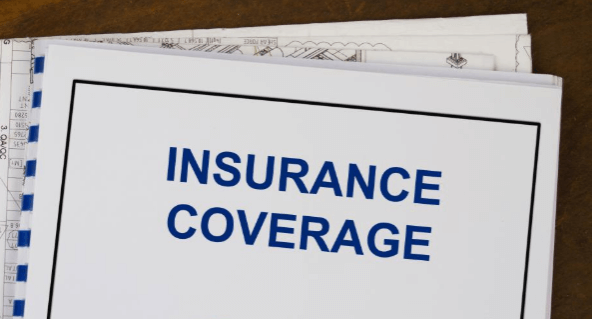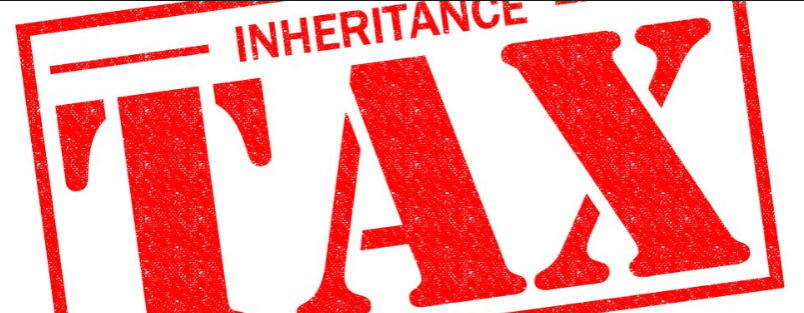Whole-life insurance policies explained
Whole- life insurance policies are a specific type of life insurance policy that provides lump sum payout when you die. You may find that this kind of policy tends to cost you more than other types of life insurance available on the market. This is because with a whole life insurance policy, it is intended to last for the duration of your life – and therefore it is almost certain you will receive a payout.
Are there different types of whole-life insurance policies available?

Yes, there are three categories of whole life insurance policies, these are the following:
- Unit-linked: this means that the monthly premiums are determined on the lump sum payout amount you have chosen in your policy agreement. One thing to bear in mind is that your insurance provider will be investing your policy premiums into the stock market. That means that should these investments end up underperforming, then you may need to pay in more into it.
- With-profit: each month you pay a fixed amount for your premium. That amount is then invested in stocks and shares on your behalf by the insurance provider. The outcome of this, depending on how well these stocks and shares perform, means that you may end up receiving a higher or lower payout compared to if you had a non-profit policy
- Non-profit: in this type of insurance policy, you will pay a fixed amount for your premiums until you die. The exact payout amount will be agreed upon when you take out the contract.
How does a whole-life insurance policy work?
The idea behind a whole life insurance policy is that you pay a policy premium each month or on an annual basis until you die. When a payout can be made, your family members make a claim on your behalf and then the insurer will pay out this money.
You may not necessarily have to pay for the policy each month (or in some cases, each year) for the rest of your life though. With some insurance providers, you will only have to pay up to a certain age, with this age determined by the company in question.
Can I review my whole-life insurance policy?
You may also be given the option by your insurance provider to review your policy periodically. This is typically after a specified amount of time, usually after 10 to 15 years.
This can be beneficial for a number of reasons. For example, it gives you the option to increase the cover of your whole life insurance policy, if you may have had children during this period of time and would like to increase the payout amount so that they will be sufficiently covered.
Or, you may be interested in decreasing your cover perhaps because you no longer have a mortgage, or owe less now, which means that you do not need such a high amount of coverage.
Do you always receive a payout for a whole-life insurance policy?
In the majority of cases, yes there will be a payout. However, there are a certain set of circumstances why your insurer may not end up paying out. These can include the following:
- The cause of death was not covered by your insurance policy: it is worth checking the terms and conditions of your whole life insurance policy before you make a final decision to apply for it. This is because every policy insurer has there own set of exclusions which means your family may not necessarily be entitled to a payout. For example, dying as a result of drug abuse or alcohol.
- Non-disclosure of personal details: this is by far the most commonly stated reasons as to why insurers do not pay out on whole life insurance policies. For example, if you have not fully stated your medical conditions you have or your family’s medical history.
Can a whole-life insurance policy cut your tax bill?

Many people take out a whole life insurance policy as they want to take out the cover to cut their tax bill, this is primarily to do with inheritance tax.
Inheritance tax, also known by its acronym of IHT, is charged at over 40 per cent on all assets that are worth more in a total of £325,000. Assets include things such as the family home.
But when you take out a whole life insurance policy and write it under trust the named beneficiaries will be able to receive a cash free lump sum, helping them to pay the IHT.
Is a whole-life insurance policy right for me?
This type of insurance policy may be for you if:
- You fully understand that charges will reduce the overall policy amount
- You know that payouts are dependent on how well your investments do
- You are looking for a way to potentially receive a higher payout for your investments for your beneficiaries when you die.
Is it possible to cancel a whole-life insurance policy?

It is possible to cancel the policy early, but it is highly likely that you will incur charges for having done so, as well as risking getting back less than you originally invested. It also could be harder for you to get another whole of life insurance policy at a later date. These policies usually get more expensive the older you get, so if you end up developing a health problem a few years after cancelling, you may find it harder to get accepted at all by an insurer. Consequently, you should give cancelling your whole-life insurance policy very careful consideration before making any final decisions, as doing so entails a number of potential risks in the future.



